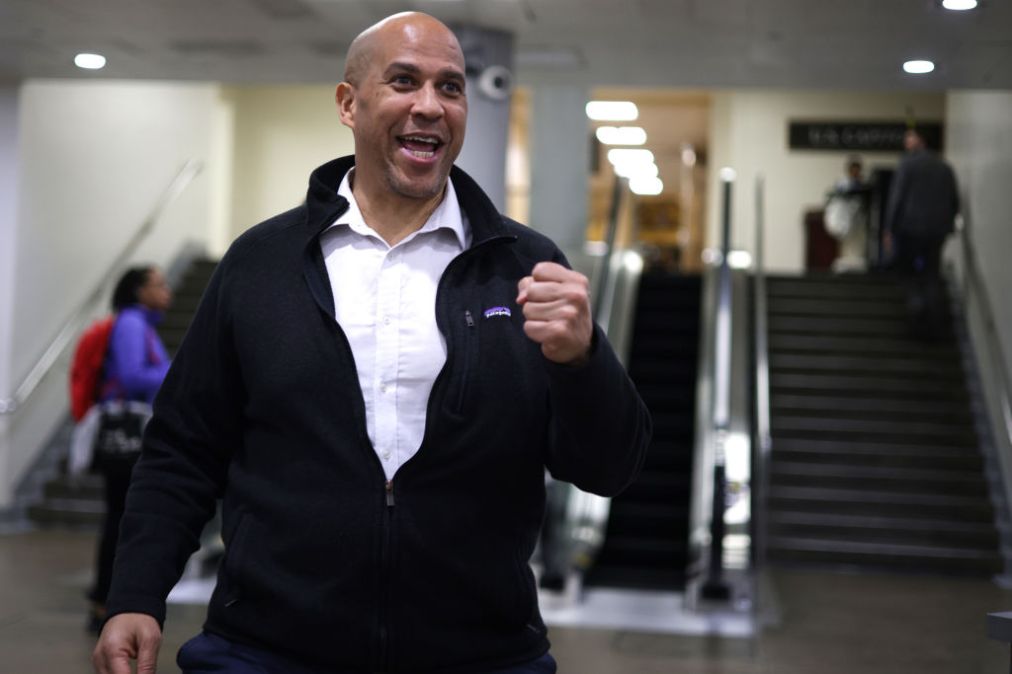NSF would award millions in AI prizes under bipartisan Senate bill

Artificial intelligence researchers, entrepreneurs and innovators would compete for $1 million prizes awarded by the National Science Foundation under new legislation from three members of the Senate’s AI caucus.
The AI Grand Challenges Act, introduced this week by Sens. Cory Booker, D-N.J., Mike Rounds, R-S.D., and Martin Heinrich, D-N.M., calls on the NSF director to create and administer a competition that incentivizes technologists to “harness AI to address specific and measurable challenges to benefit the United States and serve the public good.”
“Grand challenges and prize competitions can encourage creative solutions to complex problems using science, technology, and innovation,” Booker said in a statement. “The time has come for a prize program to further encourage innovation in artificial intelligence.”
Participants in the AI Grand Challenges Program would compete to solve problems identified by NSF, spanning categories including cybersecurity, national security, health, energy, transportation, agriculture, manufacturing and more. The General Services Administration would be charged with managing a website that lists the various competitions.
The challenges should represent “ambitious but achievable goals that utilize science, technology, and innovation to solve or advance solutions to problems to benefit the United States,” the bill states. Cash prizes would be no less than $1 million, per the legislation, though the NSF director has the discretion to offer non-cash prizes as well.
Heinrich, co-chair of the Senate AI caucus with Rounds, said in a statement that the competitions will ensure that AI’s potential is “accessible to all Americans — not just a limited few in Silicon Valley.” The technology could be a game-changer in everything from “treating rare diseases to lowering costs by improving the efficiency of our electrical grid,” he added.
Health-related competitions get a special call-out in the legislation, with $10 million set aside for the winner of the grand challenge for artificial intelligence-enabled cancer breakthroughs, which seeks “to advance medical breakthroughs to address 1 or more of the most lethal forms of cancer and related comorbidities.” The goal of this challenge, the bill states, is to produce innovations with AI that “increase the total quality-adjusted life years of those affected or likely to be affected by cancer.”
“The ability to make headway in the fields of science, technology and especially health care will be revolutionary and could even lead to the cures of many diseases,” Rounds said in a statement. “Grand challenges have proven successful in the ways to advance towards new scientific discoveries. AI advancements will improve the quality of life for all Americans. The sky is the limit.”

